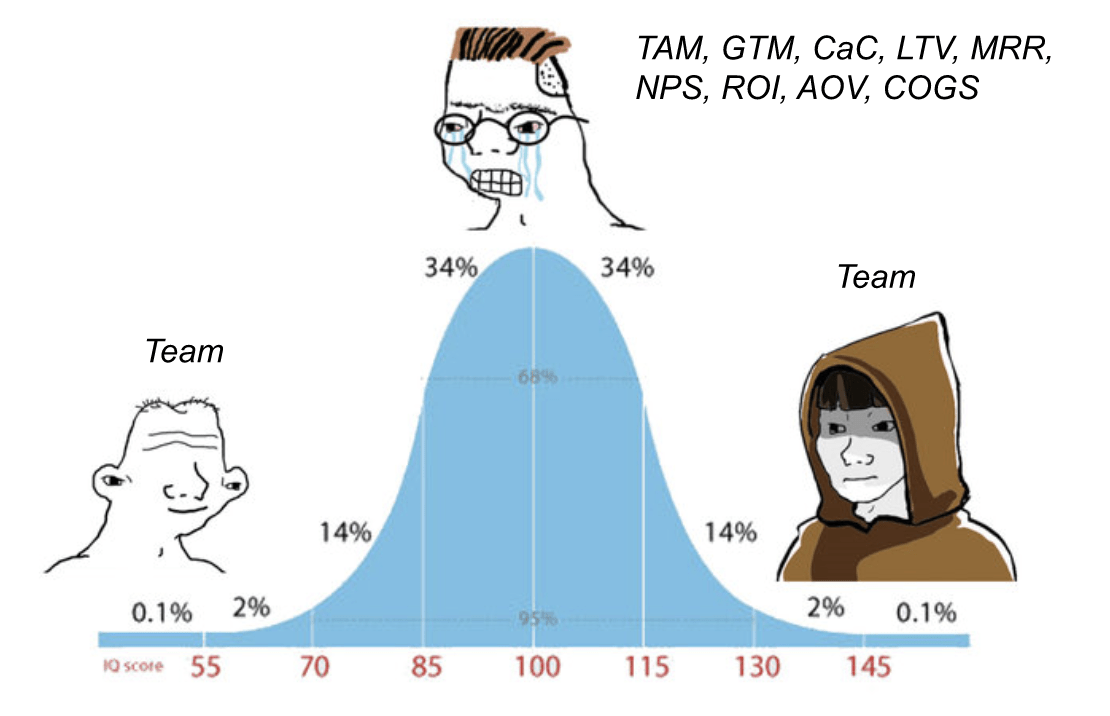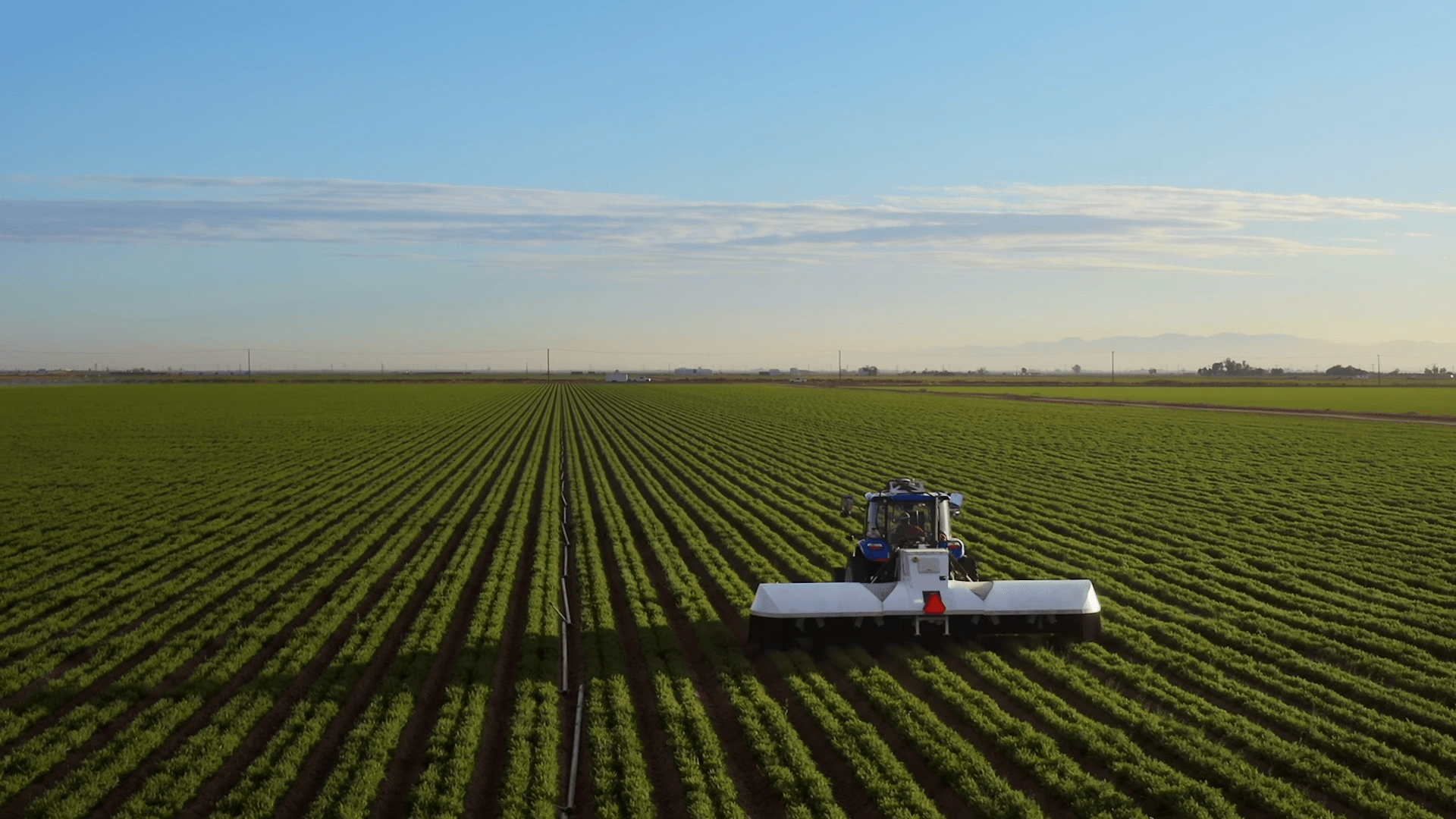Editor’s Note: Verdant Robotics recently announced a $46.5 million Series A funding, led by Cleveland Avenue. AgFunder, AFN’s parent company, invested in the seed stage round a few years ago when the company was still in stealth. Here AgFunder partner Rob Leclerc explains why.
The first thing you’re told when you start investing in venture capital is to focus on the team. As you mature as a venture capitalist, you start to expand your horizons, spending time on market sizes, customer adoption, go-to-market strategies, customer acquisition costs, and so on. Then in the next phase of your evolution, you double down on the importance of the team again.

Our investment in Verdant Robotics, almost two years ago, was predicated on simple conviction: if you took some of the most talented and foundational engineers who built driverless cars and Mars rovers and let them loose to solve agriculture’s automation problems, you could build something special. But more importantly, if this team couldn’t pull it off, then no one could.
I’ve got to know Gabe Sibley and the Verdant Robotics team now for three years. This is a team that has the kind of technical chops that make your head spin, and I don’t say that lightly. In another life, I did a Masters in AI and virtual robotics, so I have an intimate appreciation for how hard these problems are. But as I listen to Gabe and his team give their quarterly investor presentations, I’m always overcome with a deep sense of intellectual inadequacy knowing that I am way out of my league, but also thankful that I didn’t pursue a career in robotics.
The problems they’re solving are world-class hard and they cross them off with ruthless speed and efficiency.
Without giving too much away, the basis for Verdant’s Robots-as-a-Service platform today is a system that indexes the farm over space and time, creating a digital twin upon which the platform can perform a variety of actions, including weeding, fertility applications, and more. By stitching these together – space, time, and action – the technology drives a discovery engine that undercovers better-growing policies and improves both the quality and quantity of the yield.





